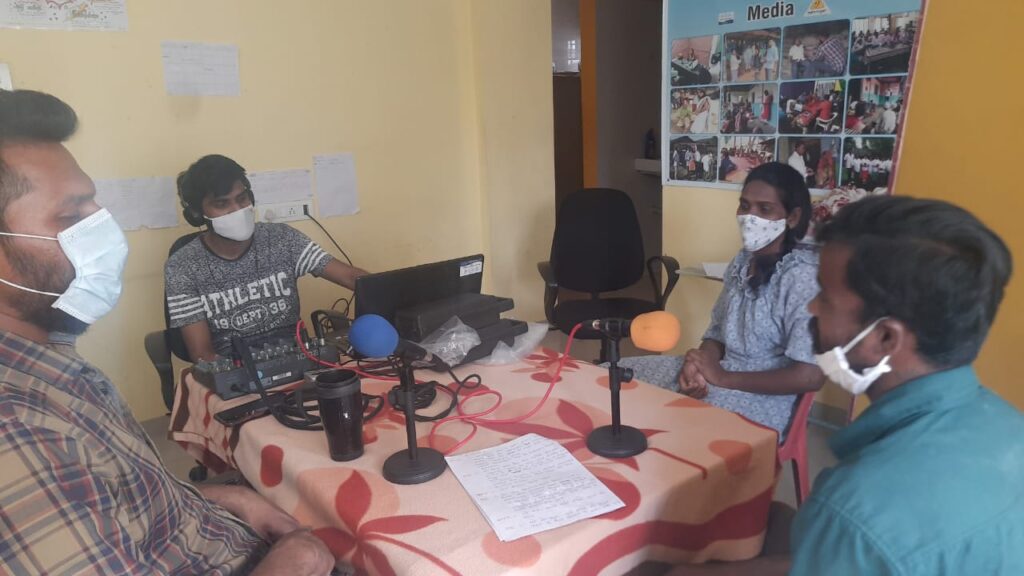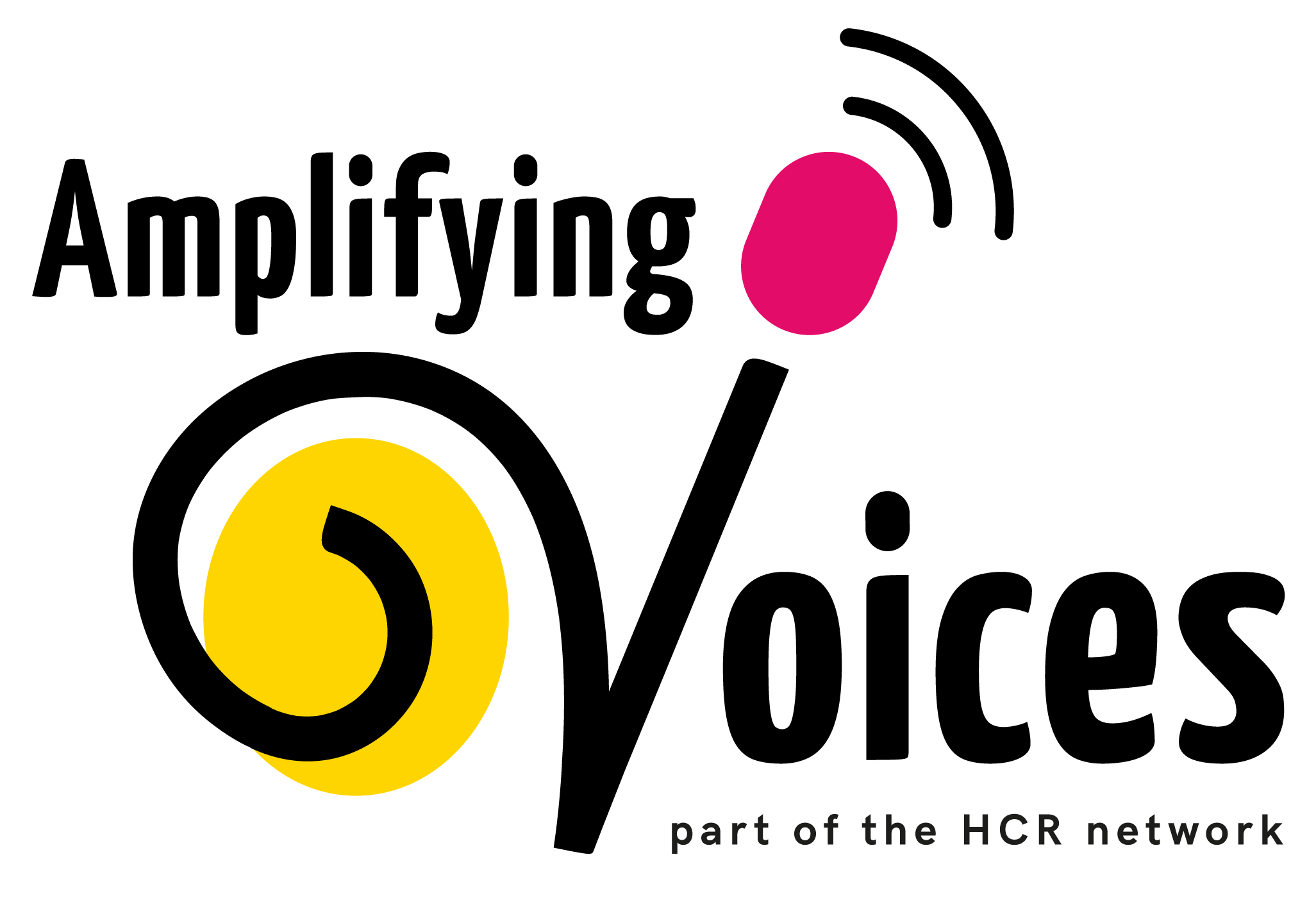
Protecting India’s Adivasi communities during the second wave
As the Indian health system buckles under the strain of a Corona virus surge that has eclipsed anywhere else in the world, our partners in Maharashtra say the pandemic is now rapidly impacting remote Adivasi (indigenous) communities. Adivasi Voices Project leader, Shilpa says that while the pandemic has greatly affected the livelihoods of tribal people, due to restricted travel, the remoteness of the communities has largely reduced their exposure to the virus itself. But that all changed as the second wave of the virus began to explode in India in early April.
“Indigenous communities are very vulnerable,” says Shilpa, “As they live in very close proximity to each other, where sanitation and hygiene is often quite poor.” Unfortunately Covid vaccine hesitancy is also pervasive among Adivasi communities, as many people believe the vaccine will do them harm and will even give them the infection. Other wildly misleading claims include that the vaccines contain pork products or a micro-chip that will control a person’s mind.
Shilpa’s team has greatly ramped up audio production for the speakerboxes in the Adivasi villages where they are working, to try and dispel some of these myths and provide accurate information. But providing messages for the community will have little effect unless the community is central to and involved in the communications process. That is why Shilpa and her team spend considerable time listening to people’s concerns and fears about Covid and the vaccine and what barriers prevent them from wanting to be immunised.
Meanwhile as our partners work hard to reach out to indigenous communities in remote parts of Maharashtra, their own city Nashik is one of the worst-affected cities in the country. With a shortage of medicines, oxygen and hospital beds, the team is reaching out to and feeding many Covid-affected families in the city’s slums each day.
If you’d like to support SEVA’s Covid Relief work, you can donate here
